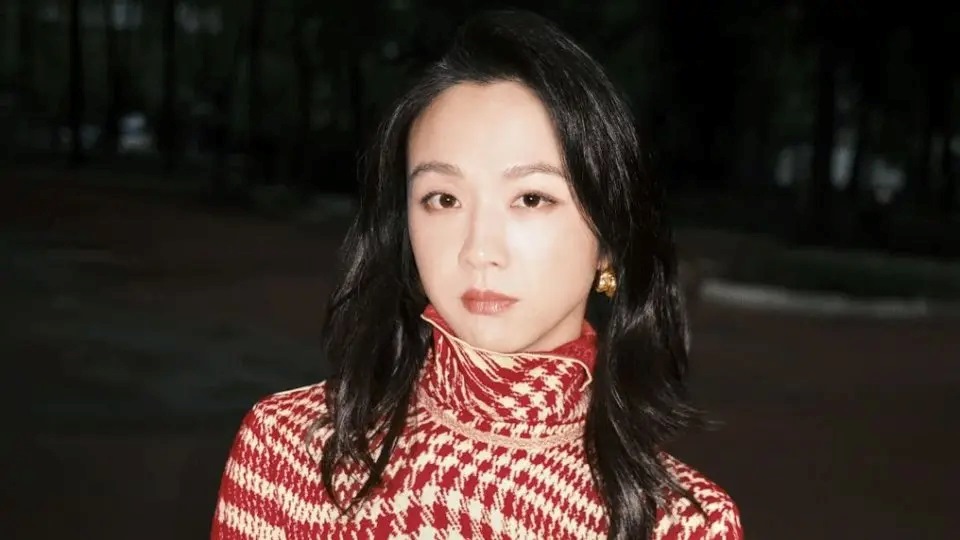Maria Meitern, partner at Luxury Movement, explores the partnerships between fashion designers and property operators, as the industry shifts towards lifestyle consumerism
Investigating the Fashion Designer Hotel Concept

Over the last decade, collaborations between luxury brands and contemporary artists have gone beyond mere artistic partnerships towards a new kind of luxury branding.
PARIS – Art and fashion have always developed side by side, for fashion, like art, often gives visual expression to the cultural zeitgeist. During the 1920s, Salvador Dalí created dresses for Coco Chanel and Elsa Schiapparelli. In the 1930s, Ferragamo’s shoes commissioned designs for advertisements from Futurist painter Lucio Venna, while Gianni Versace commissioned works from artists such as Alighiero Boetti and Roy Lichtenstein for the launch of his collections. Yves Saint Laurent’s vast art collection, recently auctioned at Christie’s in Paris, testified to his great love of art and revealed the influence of a variety of artists on his own designs.
In the 1980s, relationships between luxury brands and artists were advanced when Alain Dominique Perrin created the Fondation Cartier. In the Fondation Cartier pour l’Art Contemporain, a book marking the foundation’s 20th anniversary, Perrin says he makes “a connection between all the different sorts of arts, and luxury goods are a kind of art. Luxury goods are handicrafts of art, applied art.”
The Fondation Cartier pour l’Art Contemparain building in Paris
Maria Meitern, partner at Luxury Movement, explores the partnerships between fashion designers and property operators, as the industry shifts towards lifestyle consumerism
Bulgari Hotel & Resort Bali, Indonesia
Recently there has been visible shift in the luxury industry towards “lifestyle” consumerism, with the hospitality sector being one of the trend leaders. Several traditional property operators have been partnering with fashion designers and opening “lifestyle” hotels, to create a 360 degree experience for luxury brand clients and to satisfy their “new needs” for authenticity, comfort and function – new experiences with yet additional expectations and less loyalty.
Fashion/designer hotels are resultant of this change in consumer attitudes. Even though there is still some remaining sensitivity towards ostentatious luxury consumption, and consumers are trading down in some of their travel aspects, the desire to have lifestyle experience while staying at a high-end hotel and feel like a member of “an exclusive club,” is generally believed to withstand financial uncertainty and evolve over time.
“ The desire for lifestyle experiences is believed to withstand financial uncertainty ”
The diversification strategy – via licensing or joint ventures – is an attractive tool for extending brand awareness beyond the scope of traditional clientele and reaching a new audience. Further to that, it is also a means for increasing revenues from existing clients. The philosophy behind fashion hotels can be well demonstrated in the words of Bulgari Group CEO:
“Our dream is a Japanese person who gets married in a Bulgari Hotel, buys his spouse’s gift in a Bulgari shop and spends the honeymoon in a Bulgari resort. The cross marketing potentials are extraordinary. Let’s take London, for example. Sure, there our brand is well known, but Cartier’s is more renowned. We want to build a luxury hotel with a restaurant there so exclusive that it becomes the meeting venue for stars and the business community, in a word “the place to be!” (Francesco Trapani 2001)

One of twenty suites designed by Diane Von Furstenberg at Claridges, London
Despite of the immediate association of fashion hotels with Armani, Bulgari or Versace, Salvatore Ferragamo’s family was the first to start the phenomena in 1995. Versace fashion house was the second one to enter the hospitality industry in 2000 by opening Versace Palazzo with Sunland Group in Gold Coast in Australia and Bulgari Group created Bulgari Hotels & Resorts, a joint venture with Ritz Carlton, a luxury arm of Marriot International in 2003.
Surprising to some, the phenomenon is gaining momentum with traditional fashion houses such Azzedine Alaïa, Christian Lacroix, Oscar de la Renta, Ralph Lauren, Missoni, Moschino, extending their business operations into hospitality by opening their own branded luxury boutique hotels. Italian fashion house Fendi and Gucci and luxury crystal glassware manufacturer Baccarat are also in the process of development.
“ What happens when Bulgari opens in London next to The Ritz, The Dorchester & The Savoy? ”
The increased popularity of the trend makes us wonder what the driving factors are behind this phenomenon. At the end of the day, designer’s properties are niche operations, operated locally with little financial contribution to the overall P&L.; So is it pure marketing? Or will brands one day rely on their hospitality ventures as a source of revenue?
Strengths:
– Strong brand value
– Brand loyalty – existing customer segments
– Leverage on established business procedures – communication strategies
– Operating partner’s solid knowledge and policies
Weaknesses:
– Co-dependency between JV partners
– Limited control on customer’s service quality experience
– High capital & labour requirements
– Vague parameters regarding profitability & ROI measure
Opportunities:
– Novelty
– Increased brand awareness
– Opportunity to capture a greater share of global wealth growth
Threats:
– Risk of Brand dilution
– Well-established competitors
– Current economic climate and temporary slowdown of consumer’s disposable income growth

The entrance to Giorgio Armani’s Dubai property
Bulgari Hotels & Resorts project as the Group is currently developing its third property in central London. Both partners (Bulgari Group and Ritz Carlton) are benefiting of the strategic alliance and demonstrating the ability to execute their brand strategies across a wide spectrum.
According to Mike Jannini, Marriott’s global brand director, partnership with the Bulgari Group has enhanced its “strategic halo” and taken it to more specialised and refined levels of execution. For Marriott the value of the deal lies in its contribution to the organisational competency of the group. The experience gained from partnership with the Bulgari brand has directly enriched the company’s relationship with boutique designer Ian Schrager, with whom Marriott planned to create a new brand of up to 100 lifestyle hotels.
“ Projects are definitely buzz generating but has brand equity been extended too far? ”
However, the sustainability of the partnership and longevity of the Bulgari Hotels & Resorts brand remain unknown. There is an element of cannibalization, where the Bulgari brand could tap into the customer segment of Marriott and ultimately Ritz Carlton, if both properties share the same strategic location.
Fashion and luxury brand hotels seem to be a way for businesses to innovate their offering, promote their wares as part of a broader aspirational lifestyle and indeed to be linked more to marketing than financial revenues. However, whether Bulgari or any other fashion/ designer brand is strong enough to expand beyond its core business line and, to what level of legitimacy, remains debatable. Projects are definitely buzz generating but has the brand equity been extended too far?

Missoni’s hotel in Edinburgh, Scotland
Till today no existing fashion property project has yet been effective in generating significant additional revenue considering the financial commitment from both joint venture partners. And what happens when Armani opens in Milan or Bulgari will open its doors in London next to established hospitality players such as Mandarin Oriental, The Ritz, The Dorchester, Savoy and Four Seasons to mention few. For sure pure brand value and fact of being “boutique” property won’t be enough to compete against the big boys and in Milan case again each other?

Partner
Luxury Movement is an independent boutique management advisory firm specializing in luxury goods and services within the Middle East and Great Britain. We offer a wide spectrum of services to our private clients within sectors of hospitality, entertainment and real estate. “Лакшури Мувемент” это компания, специализирующаяся на предметах и услуг класса люкс в пределах Ближнего Востока и Великобритании. Мы предлагаем широкий спектр услуг для наших частных клиентов в рамках секторов гостеприимства и недвижимости.


